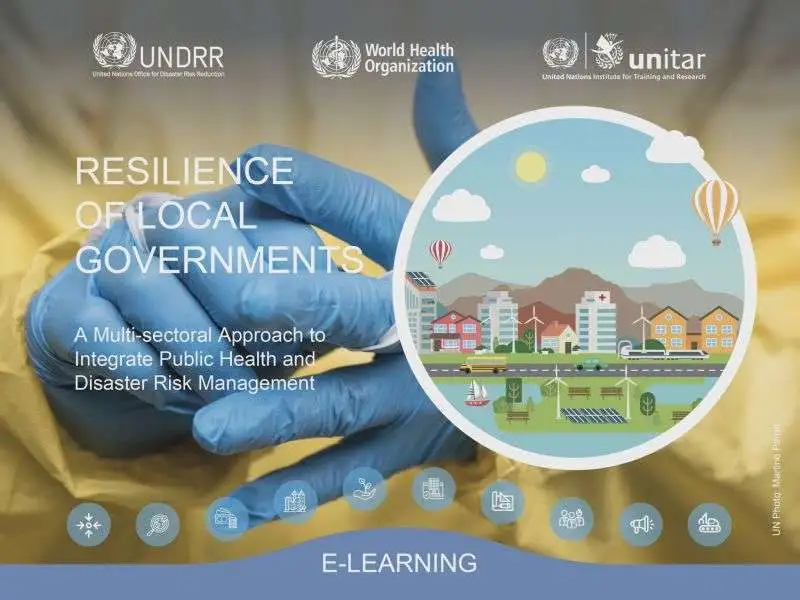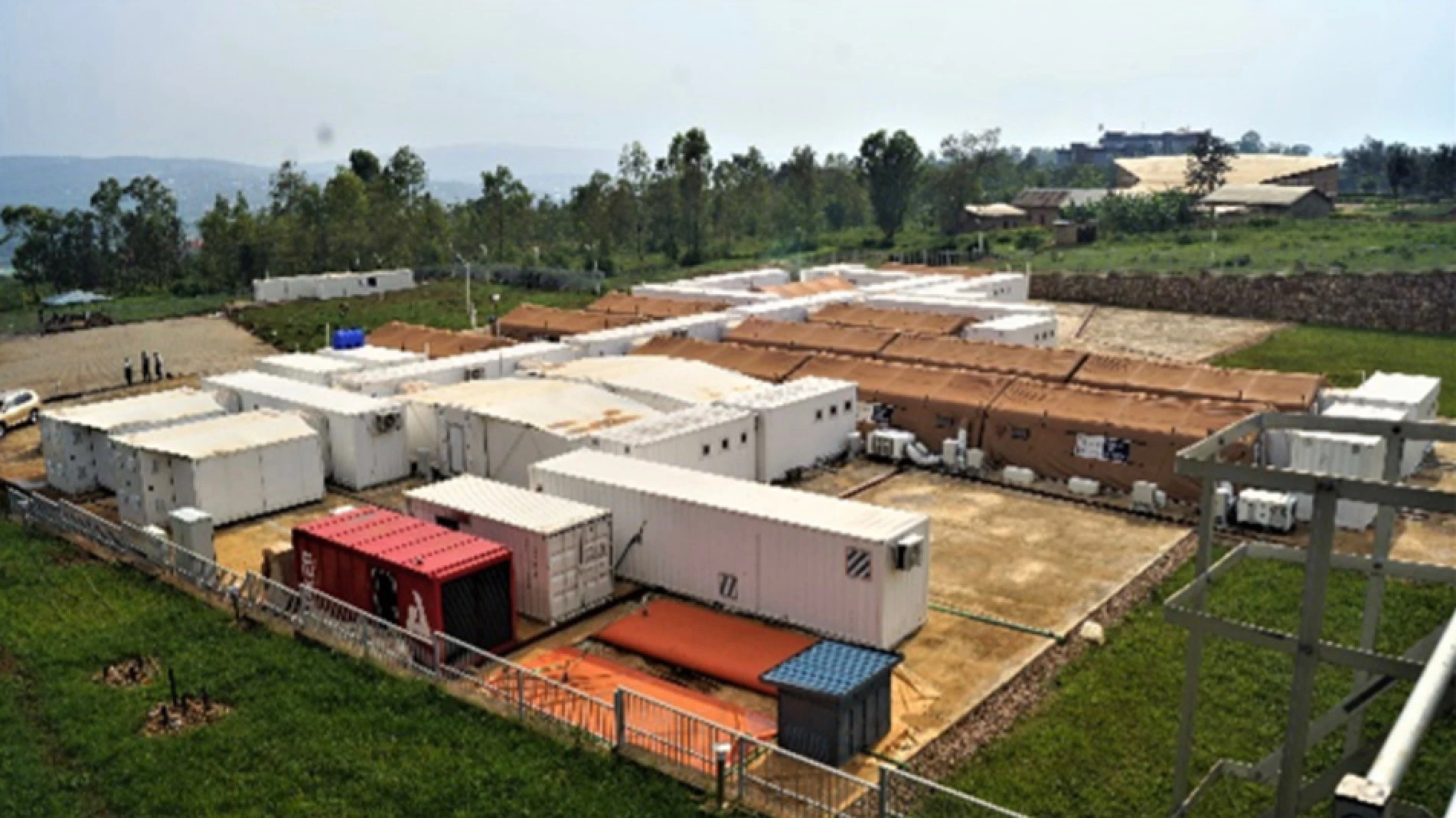Health Systems Resilience Initiative
Our flagship healthcare program building stronger, more adaptive health systems in the face of emerging challenges.

Building Resilient Health Systems
Launched in response to the COVID-19 pandemic, this £200 million initiative takes a systems approach to strengthening healthcare infrastructure across 15 countries. Rather than focusing on single diseases, we address fundamental healthcare gaps through innovative public-private partnerships.
Healthcare facilities improved
Healthcare workers trained
Improved equipment utilization
People with improved access
